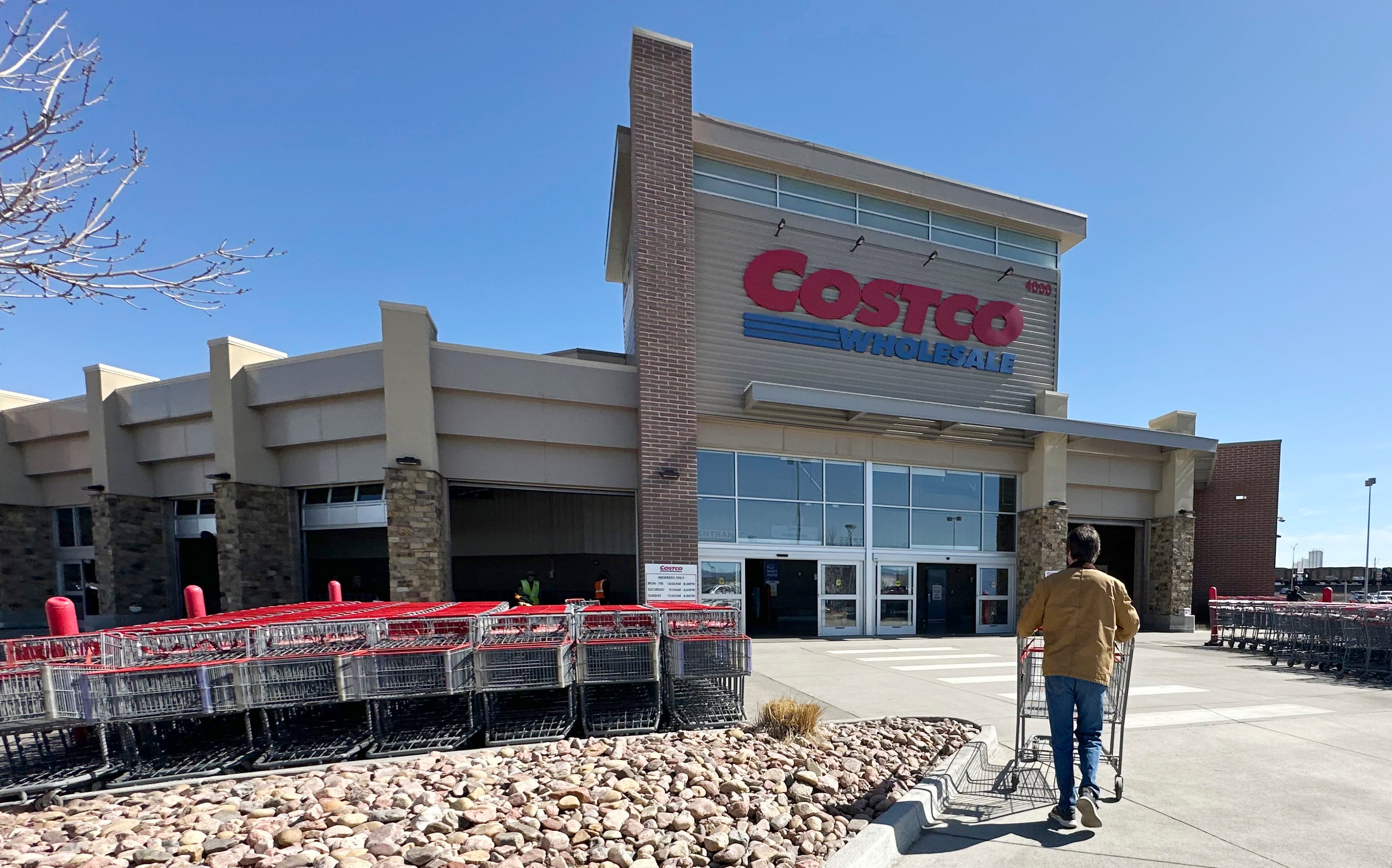As Beyond Meat watches its share prices slide, competitor Impossible Foods appears to have had a remarkably good week.
The plant-based meat alternative company — best known for its signature, plant-based "heme" ingredient — announced the nationwide expansion of Burger King's "Impossible Whopper," winning FDA clearance to sell in supermarkets, and a new manufacturing partnership that should help the company meet growing demand.
The Burger King deal follows a trial period for the "Impossible Whopper," the fast-food giant's take on the plant-based burger, at 59 stores in St. Louis in April. Now the product will be introduced at every U.S. Burger King — that's 7,300 locations — for a limited time.
"Not only did it serve well for their existing clientele, but it brought new customers in," Sheetal Shah, Impossible Foods senior vice president of product and operations told Cheddar. "What we've seen in our studies is that over 90 percent of the users and the consumers that are eating our product are actually meat-eaters. And that's exactly what our target market is."
On Wednesday, the company won clearance by the Food and Drug Administration to begin selling its meat alternatives in supermarkets. It marks a pivot for Impossible Foods, which has largely stuck to introducing its product at restaurants and fast-food chains.
Shah says customers should expect to see Impossible Foods on shelves in "the September time frame."
But in grocery stores, the company will face Beyond Meat, which has pursued an opposite strategy to Impossible Foods, beginning in supermarkets and only just recently introducing its plant-based meat products in restaurants (Beyond Meat recently announced a new sandwich collaboration with Dunkin' Donuts).
Another competitor is the Meatless Farm Co., a British plant-based meat company announced its debut in Whole Foods on Thursday.
Beyond Meat is still the only plant-based meat alternative company to go public, and has seen one of the most successful public offerings of 2019. While it's raised nearly $700 million, Impossible Foods has committed — for now — to stay private.
"I think Beyond Meat's IPO is a great validation that both investors and the mass meat-eater market really want a better way to serve a global demand. We have a $1.5 to $1.7 trillion global market for meat that hasn't had the level of innovation it deserves," CFO David Lee told Cheddar back in May.
Impossible Foods' biggest hurdle has been supply chain challenges. In recent months, the company has faced multiple rounds of shortages.
"We didn't necessarily anticipate the level of demand, originally, so we're starting to think about what flexibility can we think about today that will allow us to react to higher consumer demand in the future," said Shah.
On Wednesday, the company announced a new partnership with OSI, a meat manufacturer that's worked with McDonald's for more than six decades, a move that should help Impossible Foods better adapt to demand.








